|
|
|
Editor's note
|
|
Exactly 120 years ago, the influential author H. G. Wells published his novel The War of Worlds, in which aliens from Mars invade the Earth. Today, the exact opposite is being planned for, with space agencies and businesses on Earth aiming to send humans to Mars within a few years, ultimately colonising it. But recent research suggests such plans may be unfeasible – and a bad idea. Not only has it become clear that it is most likely impossible
to make Mars’ surface hospitable to humans, we have also learnt that the radiation in our solar system now stands at levels not seen since the first half of the 20th century – making space travel more dangerous today than it was during the Apollo-era.
Another obstacle is the stunning new discovery of a potential underground lake on Mars. Excitingly, there may be microbial life there and elsewhere on the planet, meaning a human visit could
contaminate the planet with Earthly bugs. Luckily two planned rover missions could help us find out.
H. G. Wells had a remarkable ability to foresee the future. In his last chapter, the Martian invaders were ultimately killed off by Earthly micro-oganisms to which they had no immunity. Aspiring colonisers should take note – Martian bugs may similarly have their revenge on us. Maybe we should just head to Venus.
|
Miriam Frankel
Science Editor, The Conversation UK
|

|
|
|
|
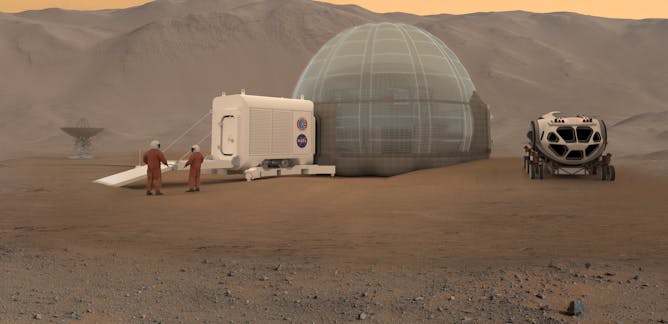
Andrew Coates, UCL
Elon Musk may be disappointed by recent studies threatening his plans to go to Mars, but planetary scientists are breathing a sigh of relief.
| |
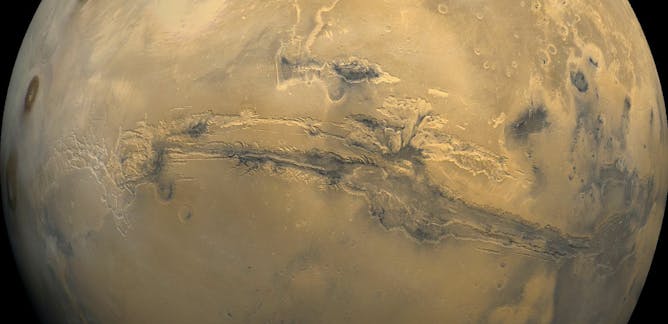
Claire Cousins, University of St Andrews
If we find microbes on Mars, it will be difficult to exclude the possibility that we have accidentally brought them there from Earth.
|
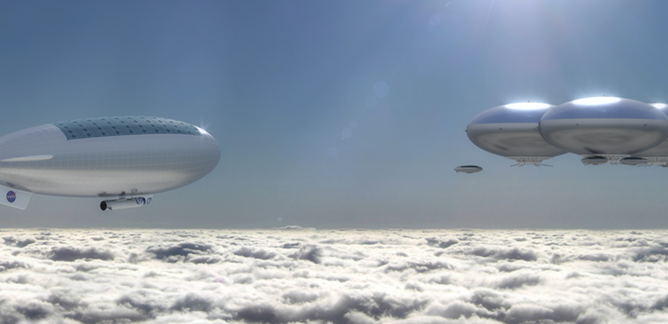
Gareth Dorrian, Nottingham Trent University; Ian Whittaker, Nottingham Trent University
The upper atmosphere of Venus is the most Earth-like extra-terrestrial location in the solar system. It could even host life.
| |
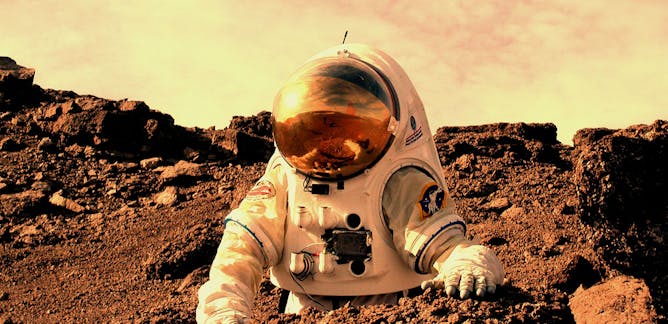
Gareth Dorrian, Nottingham Trent University; Ian Whittaker, Nottingham Trent University
Cosmic radiation is much higher today than it was during the Apollo era.
|
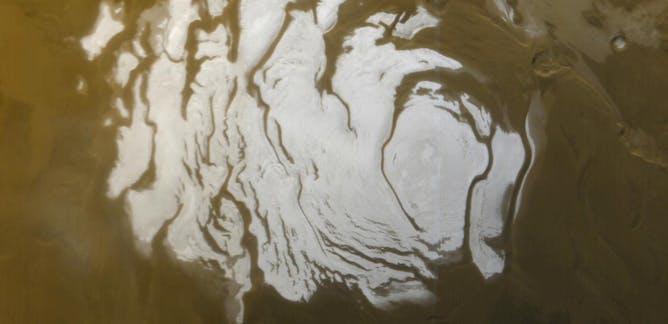
John E. Hallsworth, Queen's University Belfast
Studies from our own planet shed light on whether there could be life in a subglacial lake on Mars.
| |
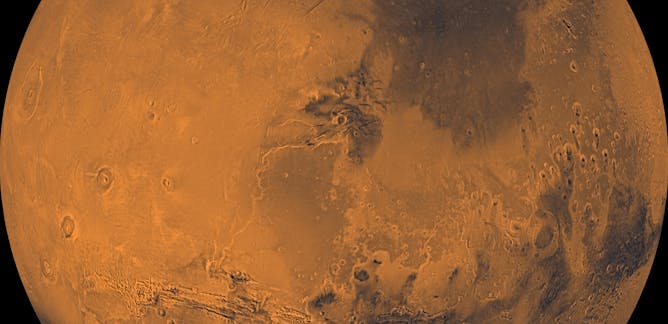
Andrew Coates, UCL
There's enough dissolved oxygen in the salty lake below Mars' surface to support simple lifeforms such as sponges. Here's what that means for space exploration.
|
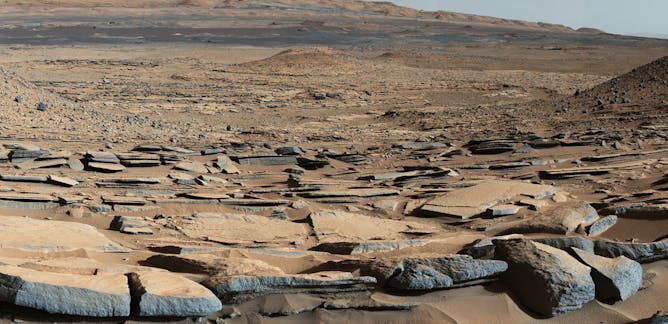
Monica Grady, The Open University
NASA and ESA have signed a letter of intent to collect samples from Mars and return them to Earth.
| |
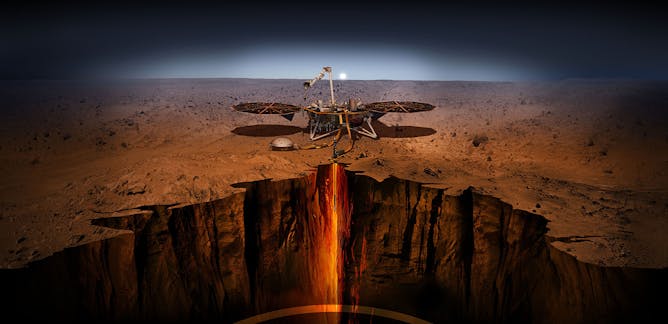
Bob Myhill, University of Bristol
From turning on instruments to gathering the first data, the next few months will be busy for Mars scientists.
|
|
|
| |
Featured events
|

|
Exhibition Space, Emily Wilding Davison Building, Egham, Surrey, TW20 0EX, United Kingdom — Royal Holloway
|

|
Picture Gallery, Egham, Surrey, TW20 0EX, United Kingdom — Royal Holloway
|

|
Exhibition Space, Emily Wilding Davison Building, Egham, Surrey, TW20 0EX, United Kingdom — Royal Holloway
|

|
Picture Gallery, Egham, Surrey, TW20 0EX, United Kingdom — Royal Holloway
|
|
|
|
| |
| |
| |
| |
| |
|
|
|
|
|
|
|